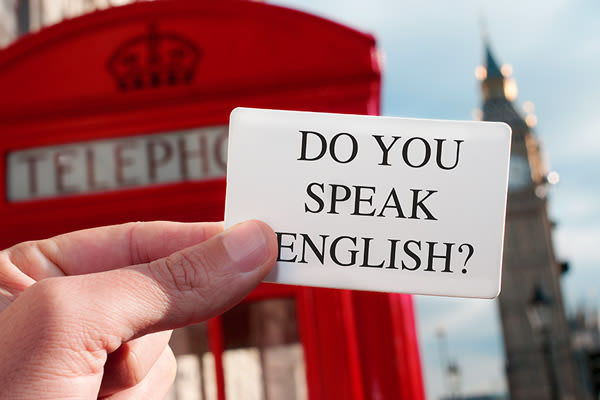In the dynamic and globalized field of hospitality, clear and professional communication plays a crucial role in providing outstanding customer service, creating positive guest experiences, and ensuring effective management. In this vibrant industry, you will encounter people from different parts of the world with various backgrounds, so excellent communication skills are a must.
Proficiency in English is essential for the hospitality workforce to deliver exceptional service, whether it’s greeting guests at the front desk or offering personalized concierge assistance. By honing their English skills, staff members can enhance the overall experience for visitors and leave a lasting impression. It helps them to be well-prepared in addressing obstacles such as language barriers, as they are able to effectively communicate with both guests and colleagues in a way that is clear and concise.
Why English?
Why Is Learning English Important in the Hospitality Sector?
English is the predominant language spoken worldwide, facilitating effective communication and improving customer service in diverse hospitality establishments like hotels, restaurants, and resorts. By improving your English-speaking skills, you’ll be more than prepared in communicating professionally with colleagues, guests, and other important people you’ll encounter on the job.
Being a skilled communicator in English also brings in a handful of benefits, including the following:
- Professional growth: Proficiency in English provides a variety of job opportunities in the hospitality industry. Many leadership and management positions require strong English abilities, particularly in international hotel chains, luxury resorts, and cruise lines.
- Excellent customer service: Efficient communication in English plays a crucial role in delivering outstanding customer service within the hospitality industry. English proficiency enables staff to respond to visitor demands quickly, resolve issues efficiently, and build rapport with guests and customers.
- Opportunities to tap into the global market: English proficiency helps hospitality establishments in reaching a larger audience, as it can attract more guests from English-speaking countries while meeting the growing interest for cross-cultural experiences.
What difference can proficiency with English make?
Helpful Tips on Enhancing Your English Skills
English proficiency can have a big impact on your career development in the hospitality industry, whether you work as a hotel manager, concierge, or front desk personnel. Here are some tips on how you can improve your English skills:
- Take advantage of language courses and programs: Attending language learning programs such as English for Academic Purposes (EAP) offered at TSoM can help you significantly improve your English skills, especially when entering a professional setting.
- Practice on your speaking and listening skills: Improve your listening skills by carefully observing English speakers in meetings, training sessions, and other interactions. Pay close attention to tone, intonation, and context to better understand and react to English conversations.
- Engage in conversations: Having discussions with your friends, colleagues, and native speakers that you may know is one of the most effective ways to improve your English skills.
- Seek feedback and constructive criticism: Don’t be afraid to seek feedback from mentors, bosses, or language instructors to discover areas for growth and accept constructive criticism. You can ask for comments on your pronunciation, grammar, and communication style and other areas for improvement.
- Take advantage of technology: You can use language learning apps and software that include interactive activities, quizzes, and games to help reinforce vocabulary and grammar topics. You can also watch podcasts, and YouTube channels that offer helpful content to help you on your language learning journey.
Frequently Asked Questions (FAQs)
- What are ideal skills needed in hospitality?
Professionals in the hospitality industry must possess a combination of technical knowledge and interpersonal skills, including communication skills, people skills, attention to detail, a good grasp of customer service, time management, and more.
- Why are soft skills important in the hospitality industry?
Soft skills, unlike technical skills, cannot be taught or developed over time. They are fundamental characteristics that play a crucial role in a hospitality professional’s capacity to establish personal connections with guests and provide excellent service.




[…] Why language is important in hotel industry? […]
[…] Why English is important in hospitality? […]
[…] Is English important for hotel management? […]